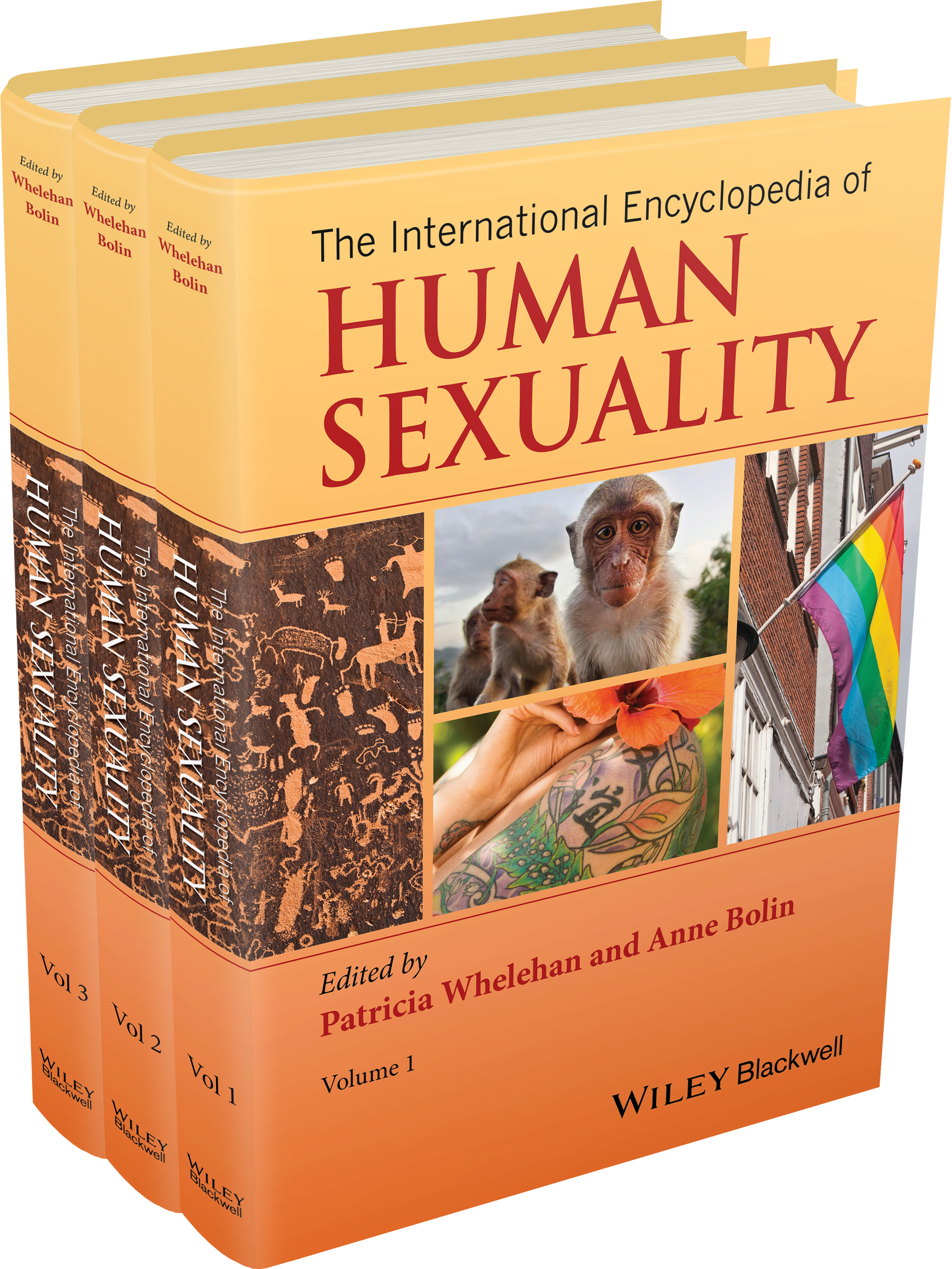Greek love: post-classical perspectives
Abstract
This entry surveys key episodes in the history of the European reception of Greek love. It begins in the Italian Renaissance with the construction of the notion of chaste “platonic love” by the humanist scholar Marsilio Ficino. The entry then turns to the philhellenism of the art historian Johann Joachim Winckelmann, whose research on ancient Greek art helped spark a craze in the eighteenth century for ancient Greek culture, and in particular, the beauty of the naked male body. This body offered a positive image in the face of stigmatization from nineteenth-century sexology, which pathologized sexual relations between members of the same sex. The entry closes by outlining recent scholarship on Greek love.



